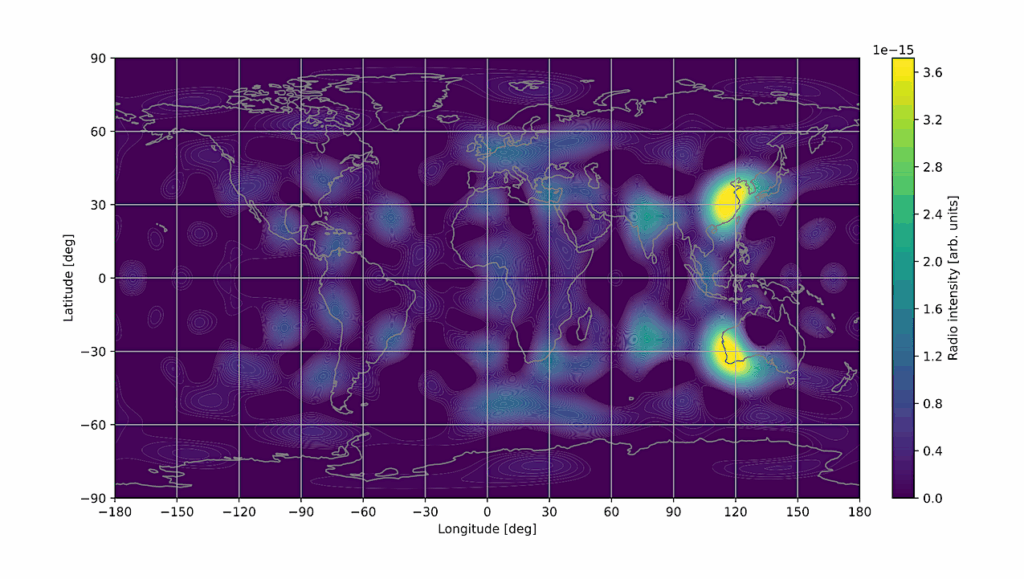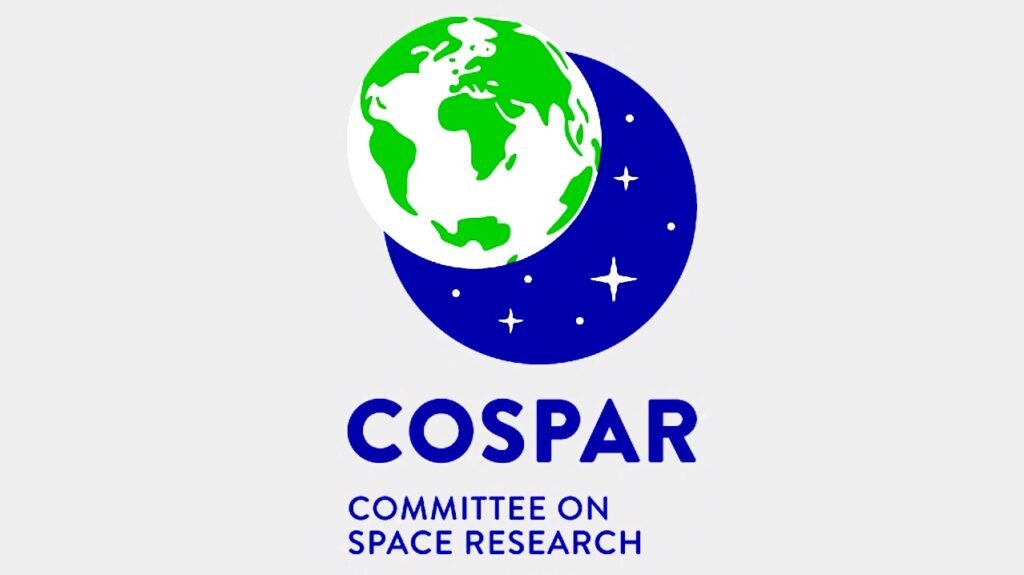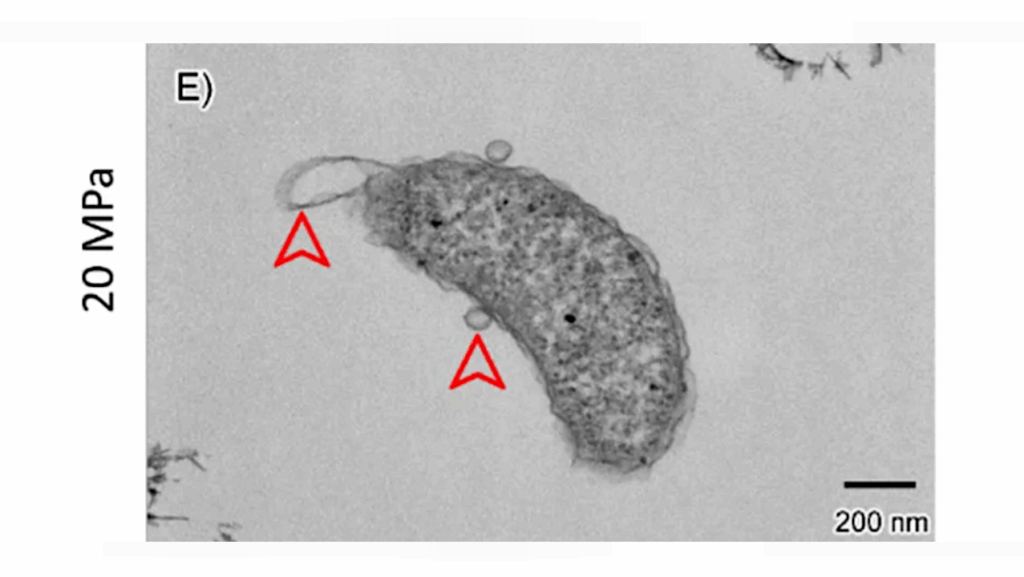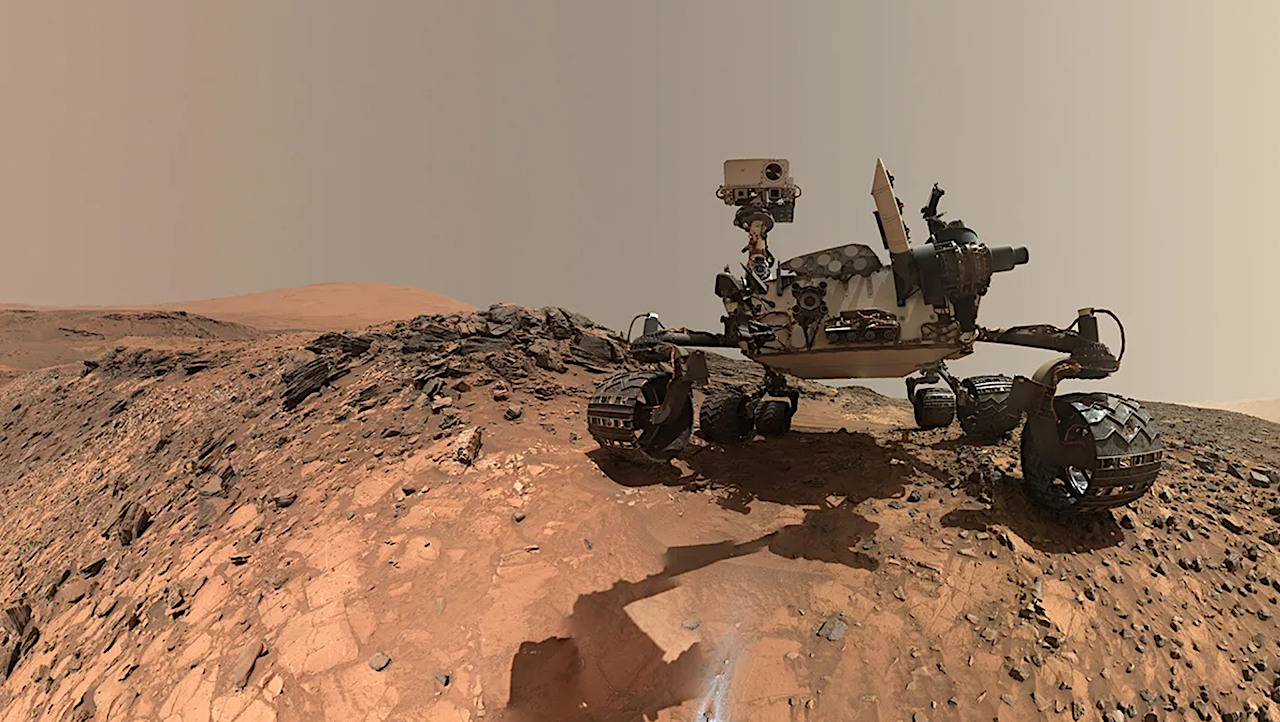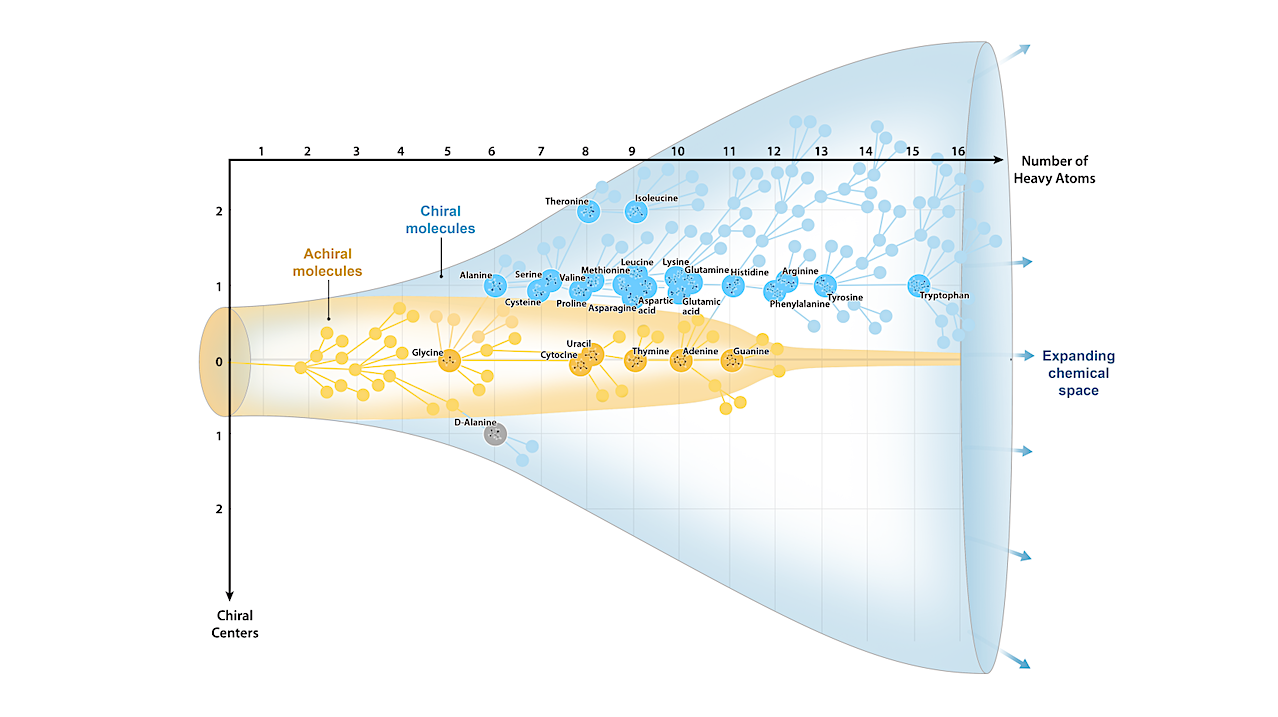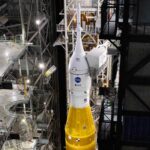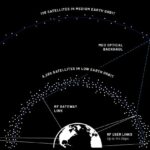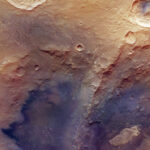Now Reading: Studying Microbes On Mt. Erebus, Antarctica
-
01
Studying Microbes On Mt. Erebus, Antarctica
Studying Microbes On Mt. Erebus, Antarctica
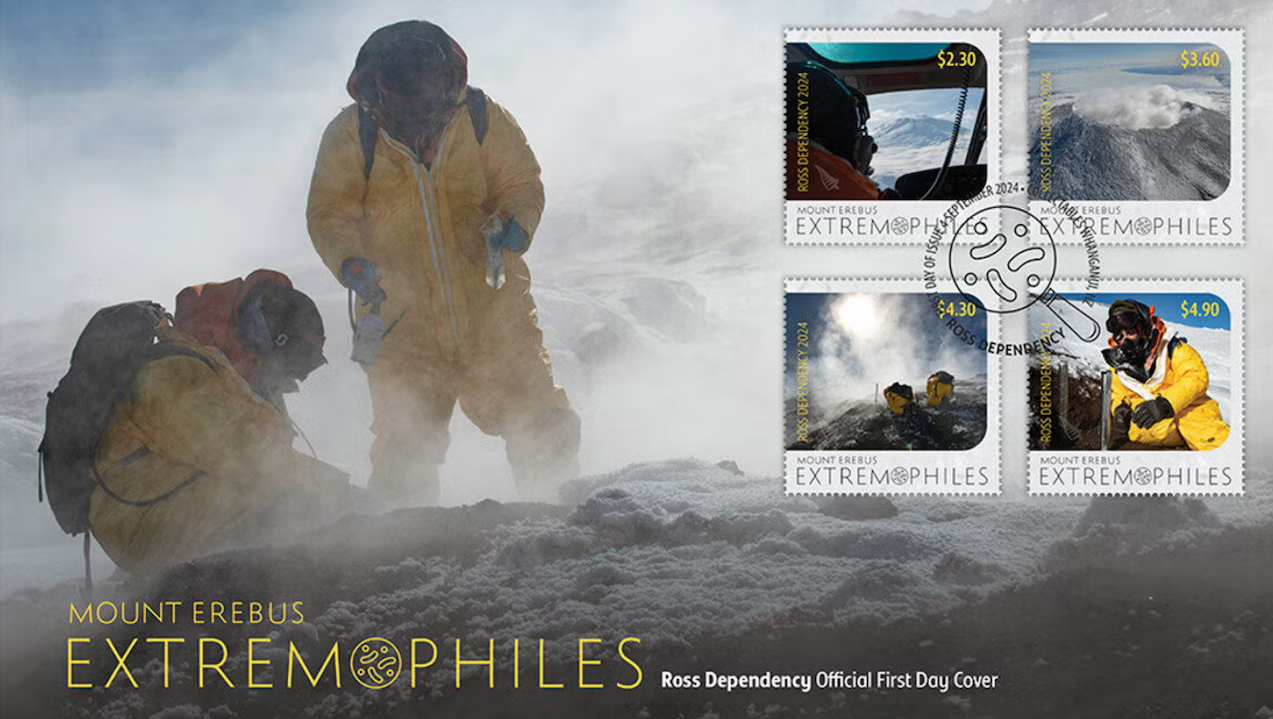

Caleb Rosen traveled to Mt. Erebus, Antarctica to collect gas and rock samples. Caleb is in the bottom-left stamp, right figure. — USC
Earth Sciences Ph.D. student, Caleb Rosen, traveled to Mt. Erebus, Antarctica in Nov ’23 and Nov ’24 with an international research team based at the Thermophile Research Unit at the University of Waikato, New Zealand. Mt. Erebus is the southern most active volcano on the planet and has geothermal fumarole near the summit that are kept warm and ice-free.
There, Rosen and his team collected gas and rock samples and are currently incubating growth substrates in the soil to discover how the local bacteria survive in this extreme environment. Ultimately, they hope to discover how microbes survive in the hot rocks on the flanks of this volcano, a relative oasis compared to the majority of the Antarctic continent.
Every year, the New Zealand post publishes a limited edition series of stamps for their Ross Dependency collection, the region of Antarctica south of New Zealand. In 2025, they featured Caleb’s project, the Multidisciplinary Analysis of Geothermal Microbes in Antarctica (MAGMA) studying microbes on Mt. Erebus.

Caleb standing next to geothermal fumarole near the summit of Mt. Erebus, Antartica
There, Rosen and his team collected gas and rock samples and are currently incubating growth substrates in the soil to discover how the local bacteria survive in this extreme environment. Ultimately, they hope to discover how microbes survive in the hot rocks on the flanks of this volcano, a relative oasis compared to the majority of the Antarctic continent.
Astrobiology
Stay Informed With the Latest & Most Important News
Previous Post
Next Post
-
 01Two Black Holes Observed Circling Each Other for the First Time
01Two Black Holes Observed Circling Each Other for the First Time -
 02From Polymerization-Enabled Folding and Assembly to Chemical Evolution: Key Processes for Emergence of Functional Polymers in the Origin of Life
02From Polymerization-Enabled Folding and Assembly to Chemical Evolution: Key Processes for Emergence of Functional Polymers in the Origin of Life -
 03Astronomy 101: From the Sun and Moon to Wormholes and Warp Drive, Key Theories, Discoveries, and Facts about the Universe (The Adams 101 Series)
03Astronomy 101: From the Sun and Moon to Wormholes and Warp Drive, Key Theories, Discoveries, and Facts about the Universe (The Adams 101 Series) -
 04True Anomaly hires former York Space executive as chief operating officer
04True Anomaly hires former York Space executive as chief operating officer -
 05Φsat-2 begins science phase for AI Earth images
05Φsat-2 begins science phase for AI Earth images -
 06Hurricane forecasters are losing 3 key satellites ahead of peak storm season − a meteorologist explains why it matters
06Hurricane forecasters are losing 3 key satellites ahead of peak storm season − a meteorologist explains why it matters -
 07Binary star systems are complex astronomical objects − a new AI approach could pin down their properties quickly
07Binary star systems are complex astronomical objects − a new AI approach could pin down their properties quickly













